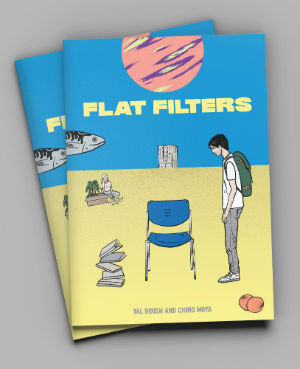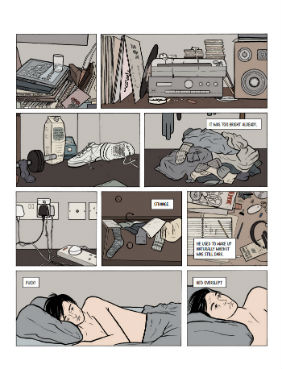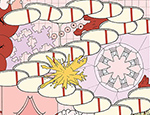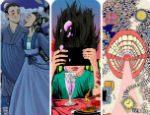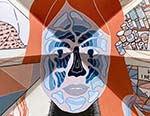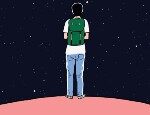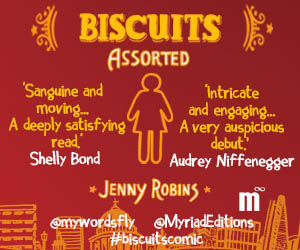It’s a rare thing indeed to read a debut comic as assured and confident in its storytelling, and as conversant with the language of the form, as writer Chino Moya and artist Tal Brosh’s Flat Filters. This surreal and metaphorical journey of self-discovery (or not!) begins with a young man waking up to find the world outside of his flat has gone and been replaced by a nondescript yellow plain and a featureless blue sky. Exploring his strangely altered reality he realises that not only has his exterior environment been replaced but also that the other residents of his apartment block have disappeared. With food and water in scarce supply he eventually realises he needs to investigate the bizarre wilderness outside. There, memories from the past and the desperation of his current situation slowly converge…
Moya’s hauntingly weird premise and Brosh’s immersive page layouts combine to create a truly sensory experience in the pages of Flat Filters; a deeply effective combination of eerie narration and visual isolation that sucks the reader into the hopelessness of its protagonist’s circumstances. Brosh, in her first comics work, shows remarkable promise juxtaposing urban reality with the almost clinical nowhere that initially encroaches and then becomes all-pervading. Her page compositions are an integral part of the book’s disconcerting atmosphere, panels giving a feeling of scope and contrast, with the confines of the building standing out against the unrelenting conformity of the landscape as a constant motif. Clever shifts in perspective in tighter internal sequences also build up a sense of space with the stark colour choices of the seemingly endless world outside giving an ironic aura of the claustrophobic and the oppressive.
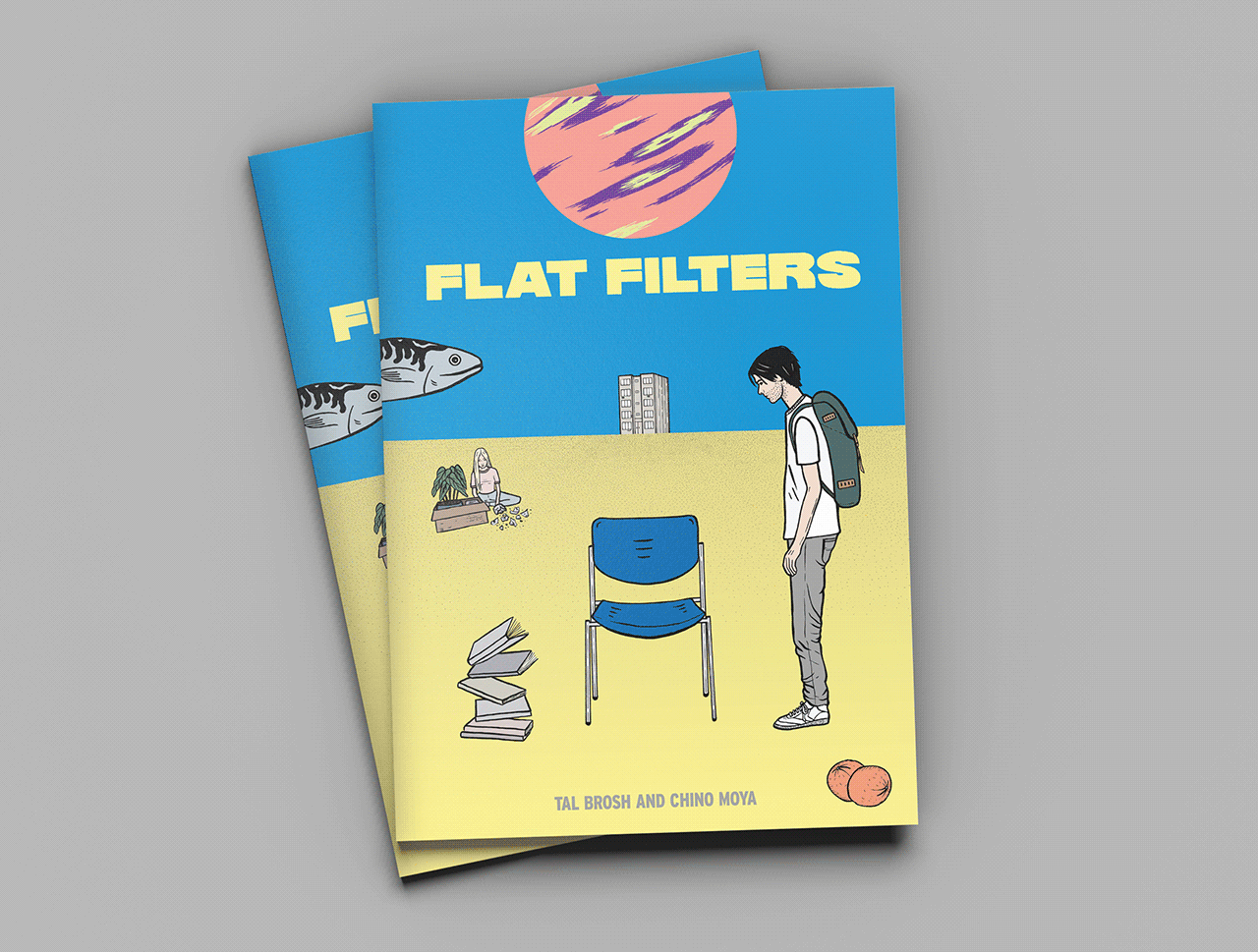
As events begin to spiral out of control, flashbacks impinge on the present with Moya’s hypnotic narration ensuring we become ever more invested in the central character and intrigued by what is going on. The mundane and the unremarkable can suddenly become disorienting and discombobulating as very human moments from his past – ranging from the pop cultural to the profound – flitter around the main narrative. Flat Filters is a comic that leaves a literal interpretation to the reader and, admittedly, its abrupt ending may not satisfy all. But whether you consider it a sequential metaphor (as I did on careful consideration) or a The Twilight Zone-style piece of graphic design there’s no doubting the incredible potential on show here from both creators.
You can buy Flat Filters online here.
Review by Andy Oliver
For regular updates on all things small press follow Andy Oliver on Twitter here.





